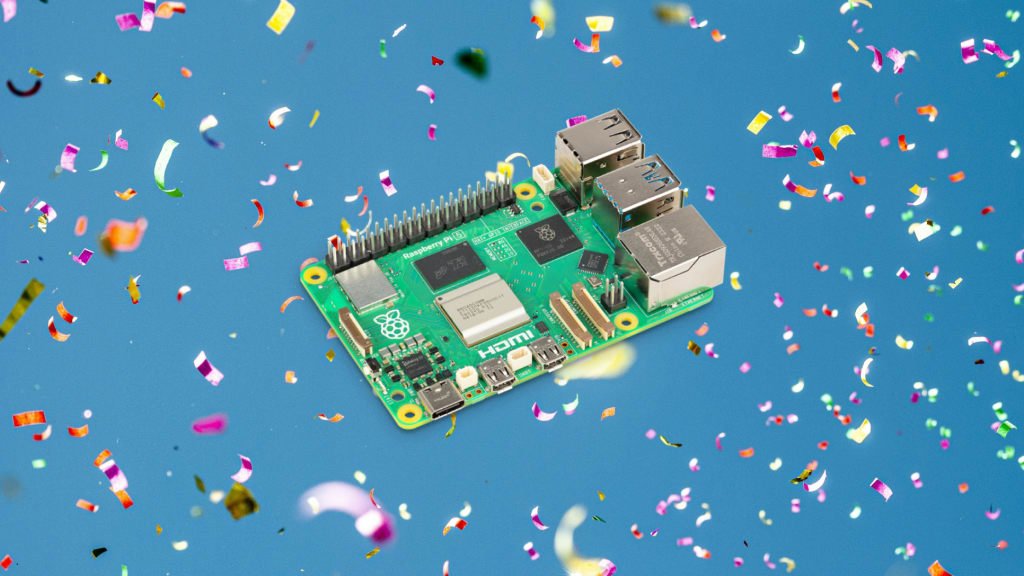Raspberry Pi, the company renowned for its affordable single-board computers, has made a significant transition by going public with an Initial Public Offering (IPO) on the London Stock Exchange. This move marks a new chapter in the company’s history, as it seeks to expand its reach and impact in the realms of education and technology.
IPO Details
The Raspberry Pi IPO was priced at £2.80 per share, valuing the company at approximately £542 million ($690 million). Shares surged by an impressive 40% in early trading, reaching £3.85 ($4.90) by mid-morning, reflecting strong investor interest and demand. The successful IPO is seen as a boost for the London Stock Exchange, which has struggled to attract tech IPOs in recent years, with many British tech companies opting for more liquid markets like NASDAQ or the New York Stock Exchange.
Company Structure and Mission
Raspberry Pi Ltd, the commercial arm, is now publicly listed, while the Raspberry Pi Foundation, a charity established in 2008 to promote computer science education, remains a significant shareholder. The Foundation’s mission to democratize computing and inspire young people to learn coding and create using technology will continue to be supported by the profits and endowment from the IPO. A legally binding agreement between the Foundation and the company ensures that Raspberry Pi’s commitment to producing low-cost, general-purpose computers for teaching and learning remains unchanged.
Community Reactions and Concerns
The Raspberry Pi IPO has elicited mixed reactions from the community. Some enthusiasts express concern that going public might shift the company’s focus towards profit, potentially at the expense of its open-source ethos and affordability. However, the Foundation’s significant shareholding and legally binding agreements aim to ensure that the commitment to low-cost computing remains intact. Despite these assurances, some worry that the trajectory of a publicly traded company could lead to a more streamlined and lean approach, potentially disfavoring the technology itself in favor of profitability.
Source: Perplexity.ai






